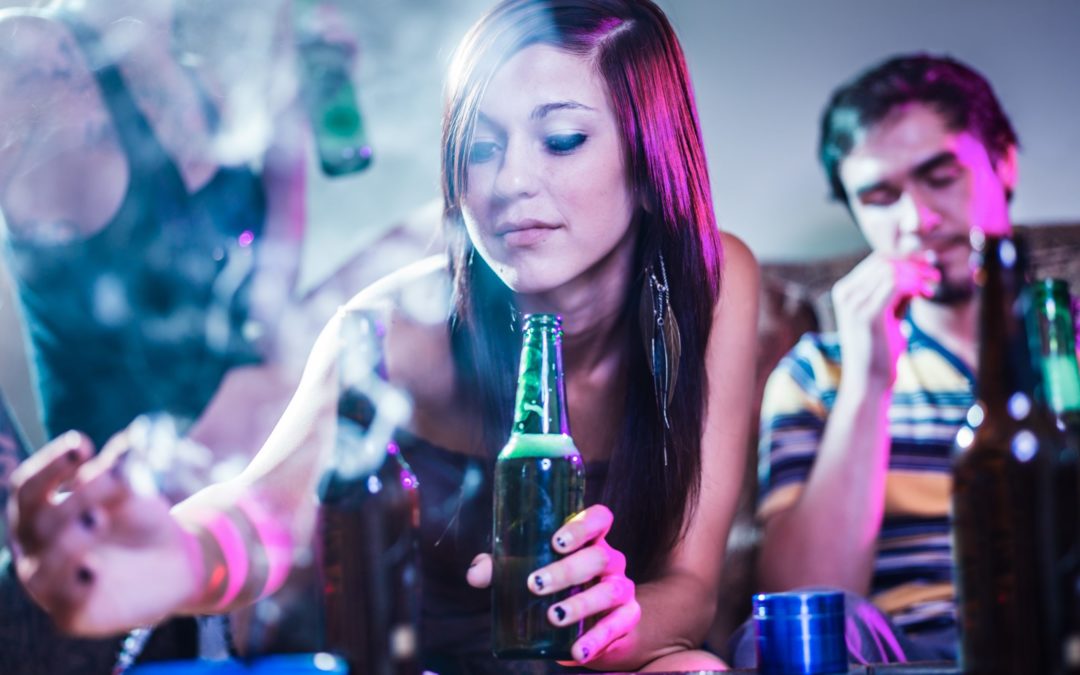The following is a hypothetical situation that probably happens often in a corporate setting, in a sales or marketing division after they’ve hit their revenue numbers. Management is thrilled. Workabees are ecstatic. Time to celebrate and tie one on. Then there’s that awkward pause. Coworkers eye one another. “Who’s it gonna be? Who’s our DD”?
The designated driver (DD) is the person in a group of people who either readily volunteers or is selected by others as the person who will be the ‘safe mode of transport’. If there isn’t a sober one in the bunch, there might be a problem. Moreover, if each person has a different idea about what a true “DD” is, the varied opinions could compromise everyone.
Designated Driver in Theory Is Well Intended
The designated driver concept was introduced as a harm reduction strategy with the goal of preventing drunk driving. It relies on one person choosing not to consume alcohol for the evening and instead being responsible for the safe transportation of others who may be drinking.
Research regarding the effect of having a designated driver on the amount people drink is mixed, and much may depend on the attitudes and behaviors of the individuals involved.
On one hand, some people might feel safer to consume more alcohol knowing they have a sober driver for transportation. This can be problematic if it leads to excessively risky alcohol consumption or alcohol poisoning.
On the other hand, the presence of a designated driver might make alcohol consumption more controlled, as it introduces an element of planning and consideration for safety into social situations involving alcohol. In many cases, the act of designating a driver can increase awareness of the risks associated with excessive drinking and drunk driving, thereby promoting more responsible behavior.
Uber and Lyft Joined the Party and Made MADD, Happy
Once the concept of a DD caught on across the United States, MADD (Mothers Against Drunk Driving) took it and ran, somewhat claiming it as their own. Taking the DD process one step further to mirror urbanite behaviors, they partnered with rideshare companies Uber and Lyft to raise money for their nonprofit. Through $1.00 donations per ride, during specific holidays and prime time alcohol consumption hours, designated driving took on a new twist to help an oversaturated problem.
One Fatal Flaw of Designated Drivers Perpetuates Addictive Behavior
Even when there is a designated driver who abides by the intention of the title and maintains sobriety throughout the social engagement until each person in the group arrives to their end destination safely, the DD does not hamper the alcohol intake of everyone else. While many who live with substance abuse find comfort in socializing with like-minded individuals, some seek out sober partners. But don’t mistake that as a cry for help. The attraction is purely strategic.
Designated Drivers Are Very Attractive to Addicts
If you’re the local do-gooder or want to get personal accolades from your wild bunch of friends or fearless, successful coworkers, being the go-to DD might seem like a good idea. It is – if it’s once in a while.
On a personal note, I’ve been sought after by a couple of different men, both alcoholics. We were friends and I didn’t think our way of life was a good match. Strangely enough, each of these men had similar conversations with me. They’d offer up a fun idea for an evening, heading out to a great restaurant or over-the-top social gathering with one caveat: I was to be the designated driver. When I laughed and asked, “Why do you think we’d be good together… we’re couldn’t be more polar opposites?” the response was the same. “Exactly. I can drink. You can drive. It’s perfect!”
Yeah, those relationships went nowhere. (smile) But I know of people who were manipulated into those scenarios over and over. If their friend or spouse had a problem, the DD would accompany them to their favorite bar or to the party and either idling sit by and watch them use. When it was time to leave, the drive home was stressful for the DD, not so much for the one who passed out. Each time this happens, it’s a missed opportunity for the designated driver to say “No” and stop the cycle of abuse.
The presence of a designated driver does little to stop the overconsumption in others. A lengthy study conducted in Australia measured the perception of participants who planned on drinking and if there was any difference in the amount they consumed once knowing a DD would be there.
The difference between you as a DD and a driver from Uber, Lyft or the closest limousine company is that you provide the service for free. And there’s nothing loving about getting a text at 1:23 a.m. by your better half wanting you to pick them up from wherever they wandered off to, now in a drunken stupor. It’s like getting a booty call without the temporary benefit. Crude, but true.
If you’re the designated drivers often enable alcoholics or drug addiction in those they care about. The best approach to take for all involved is to respectfully and gracefully decline the request.

